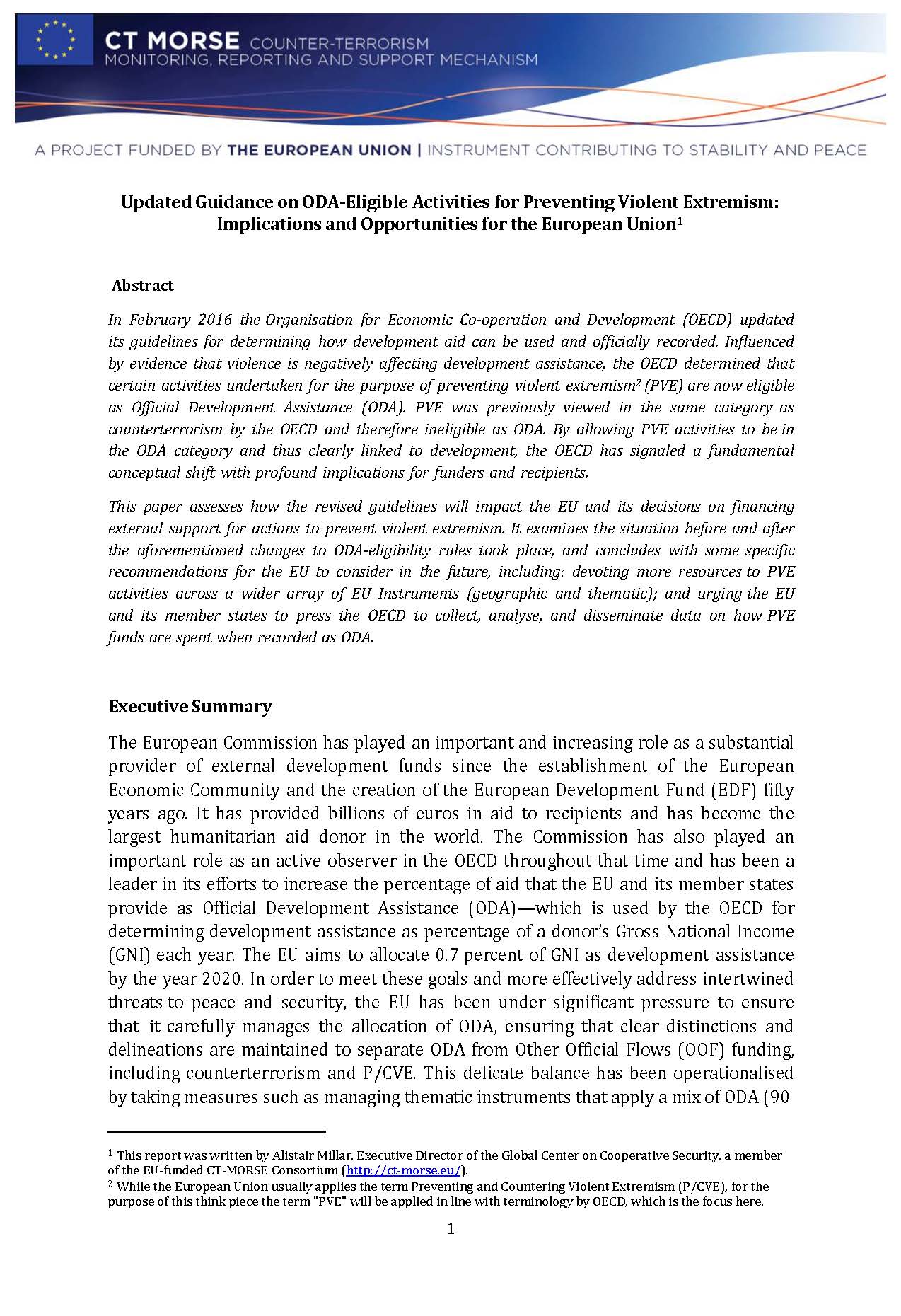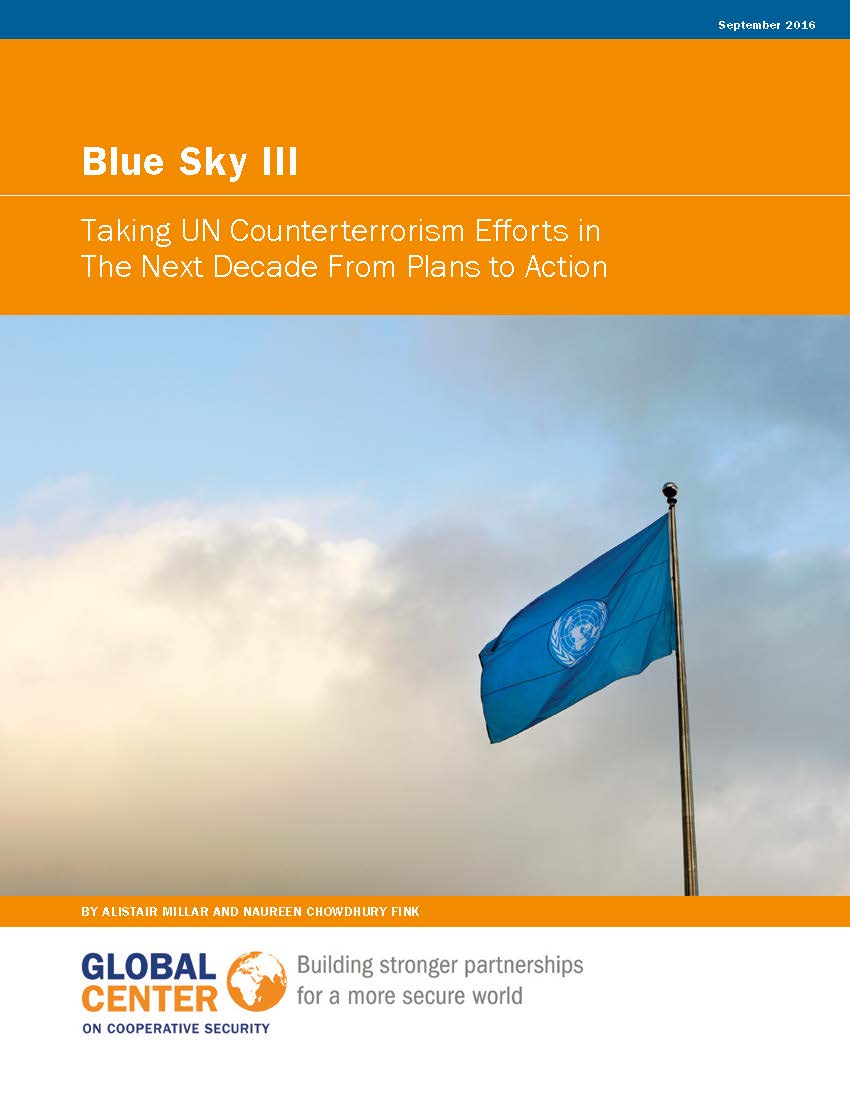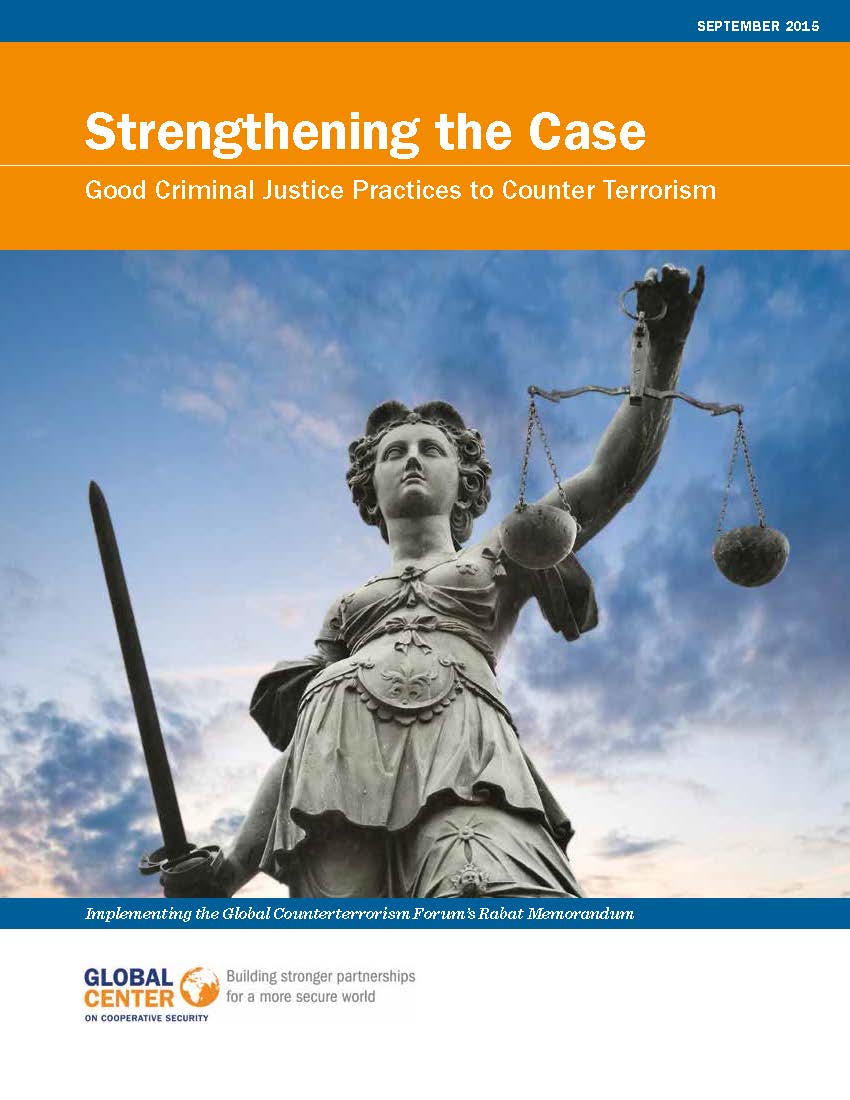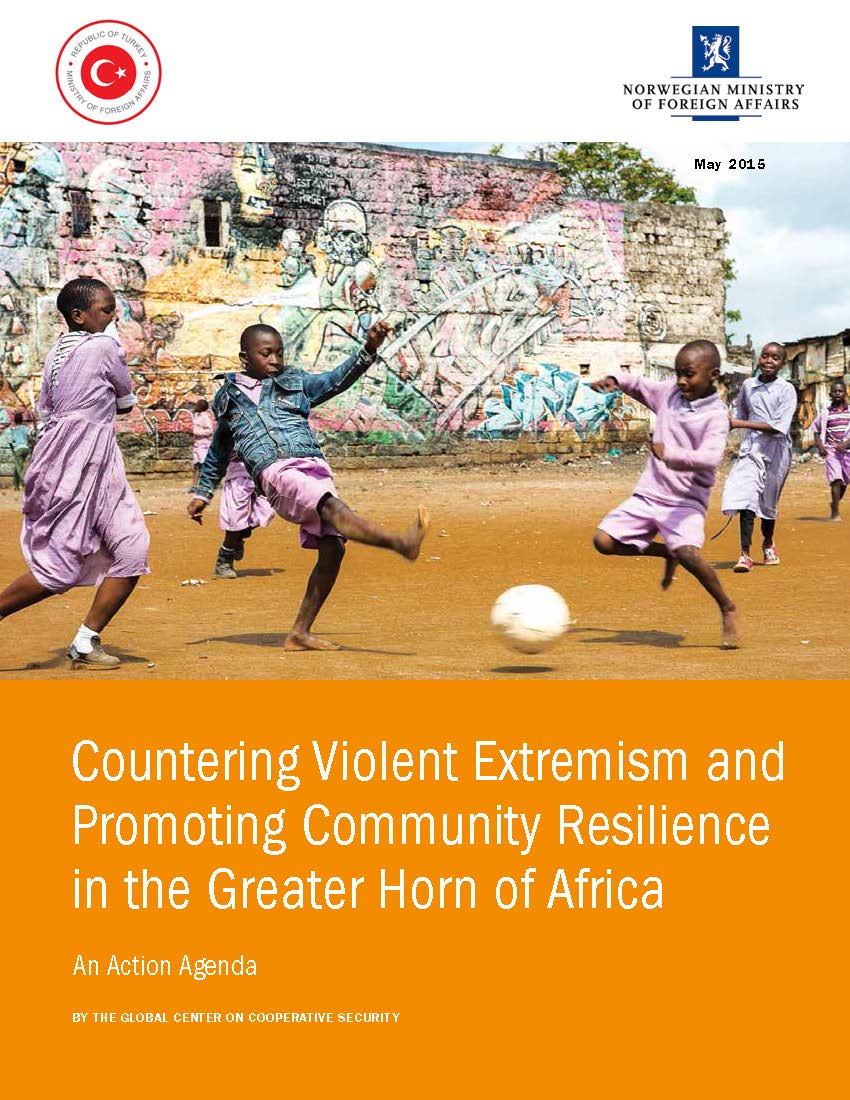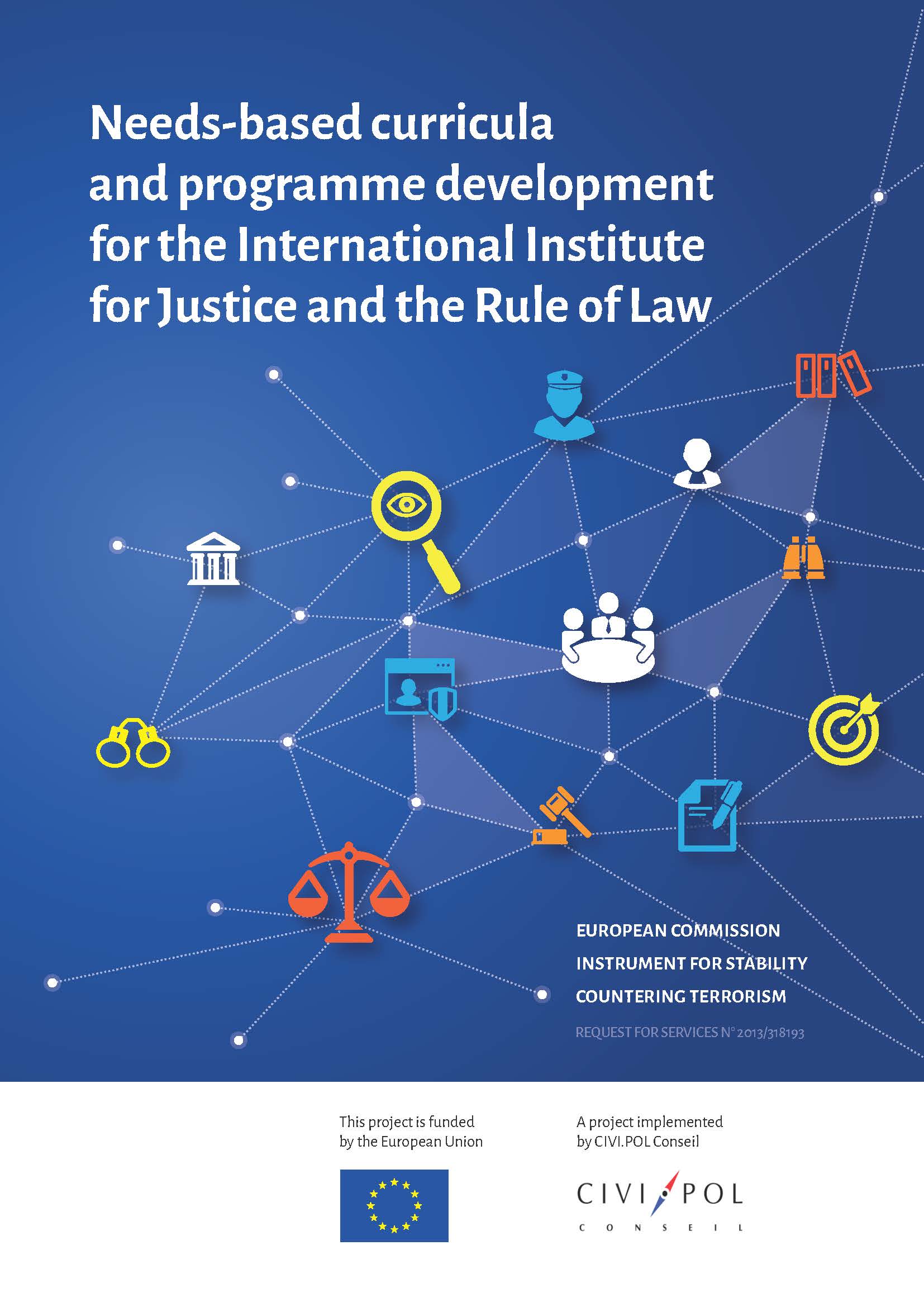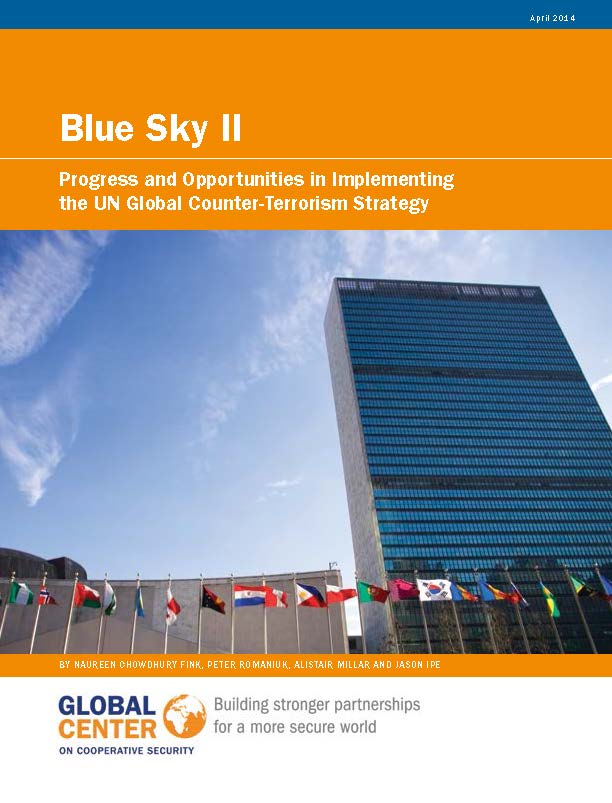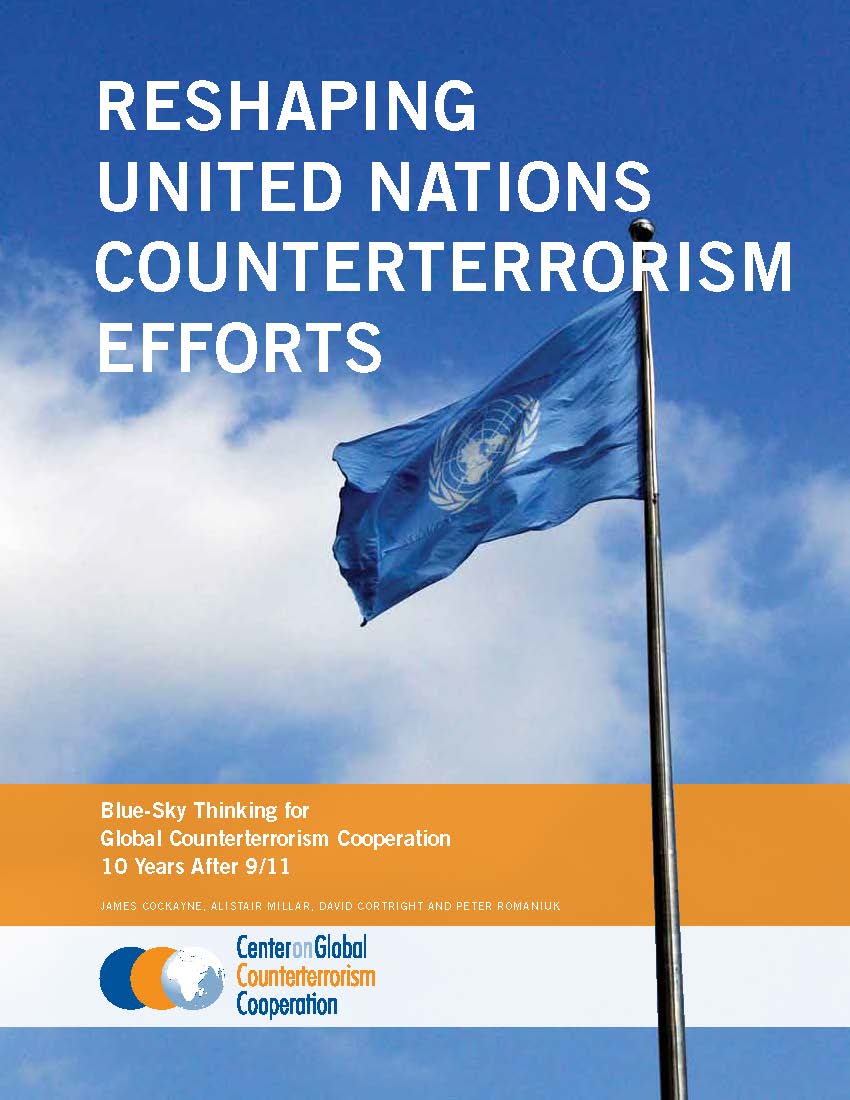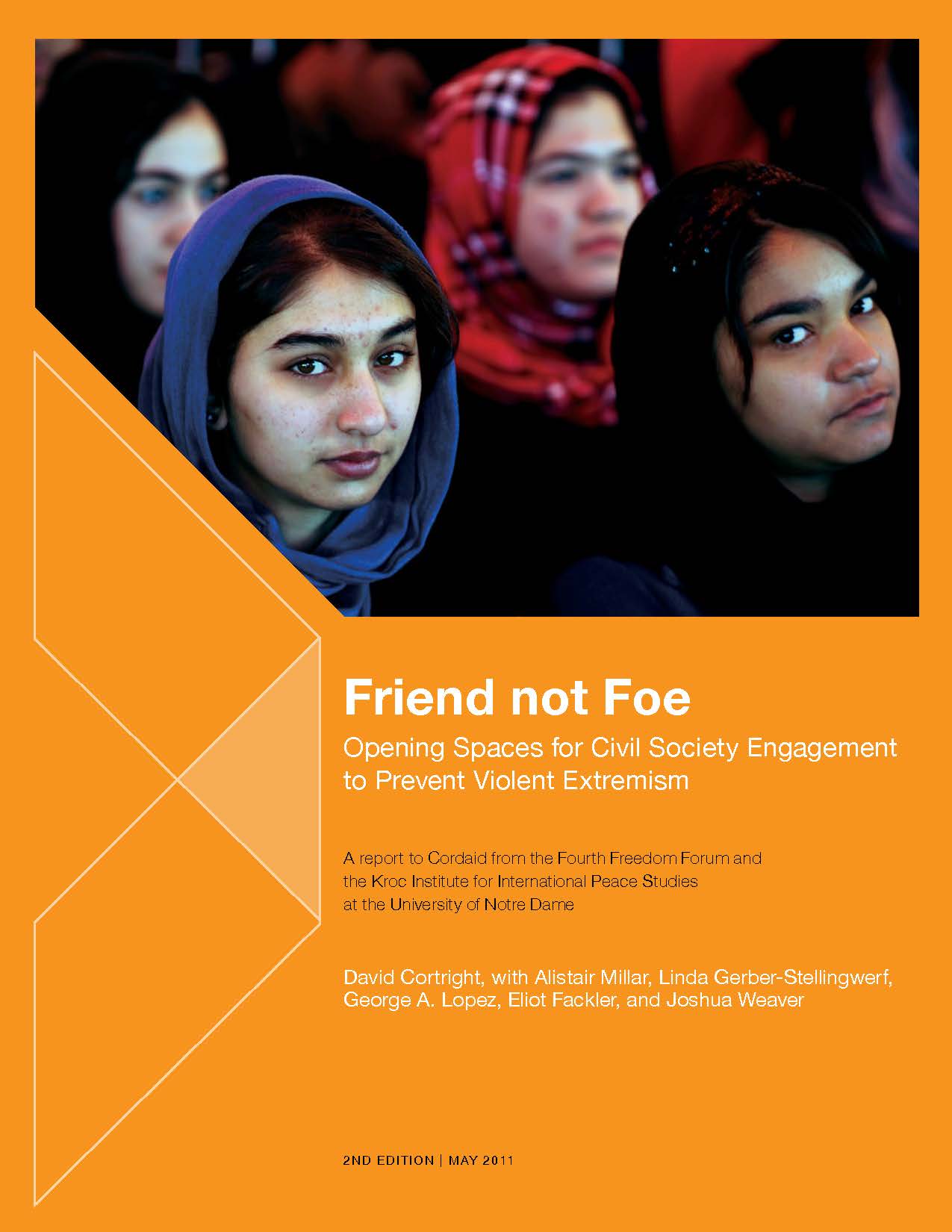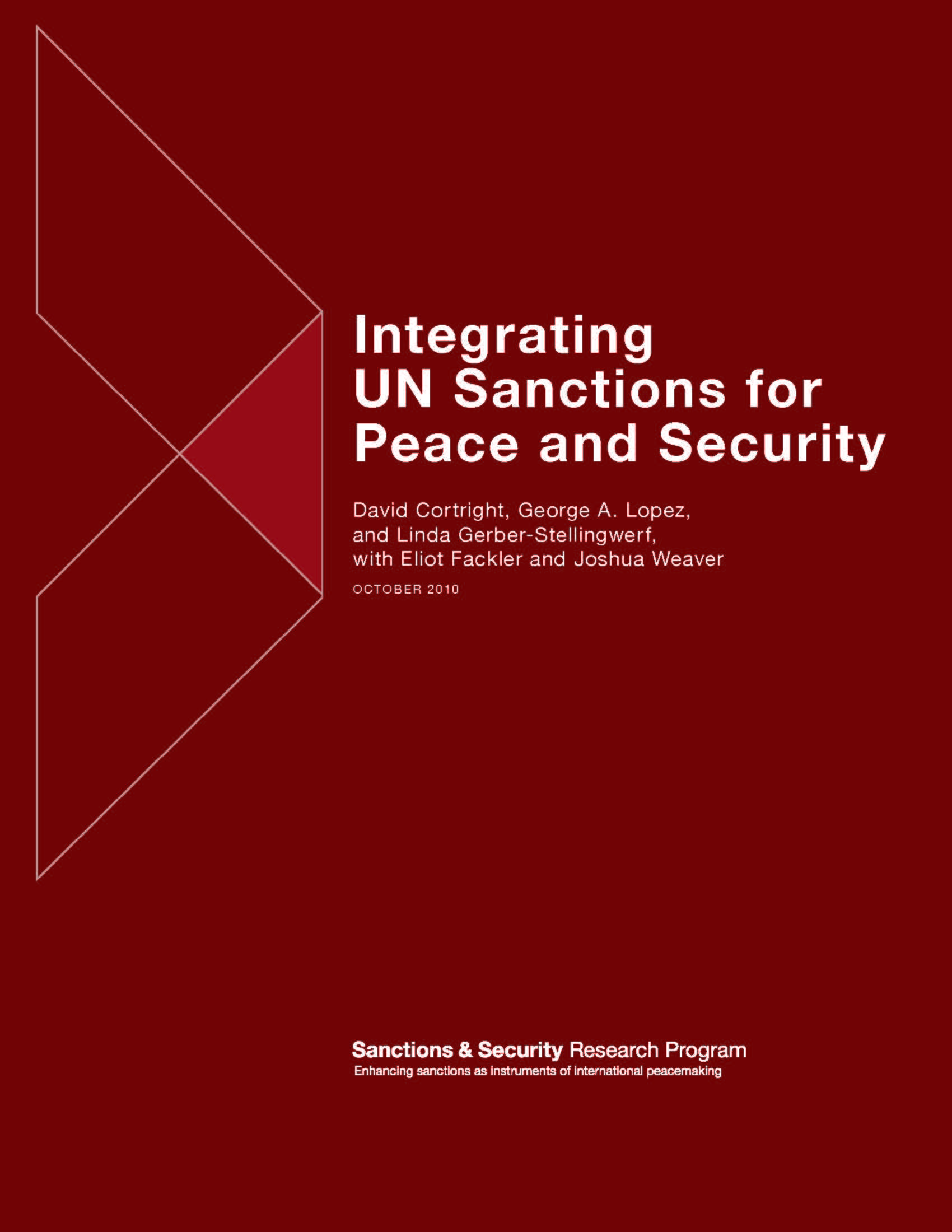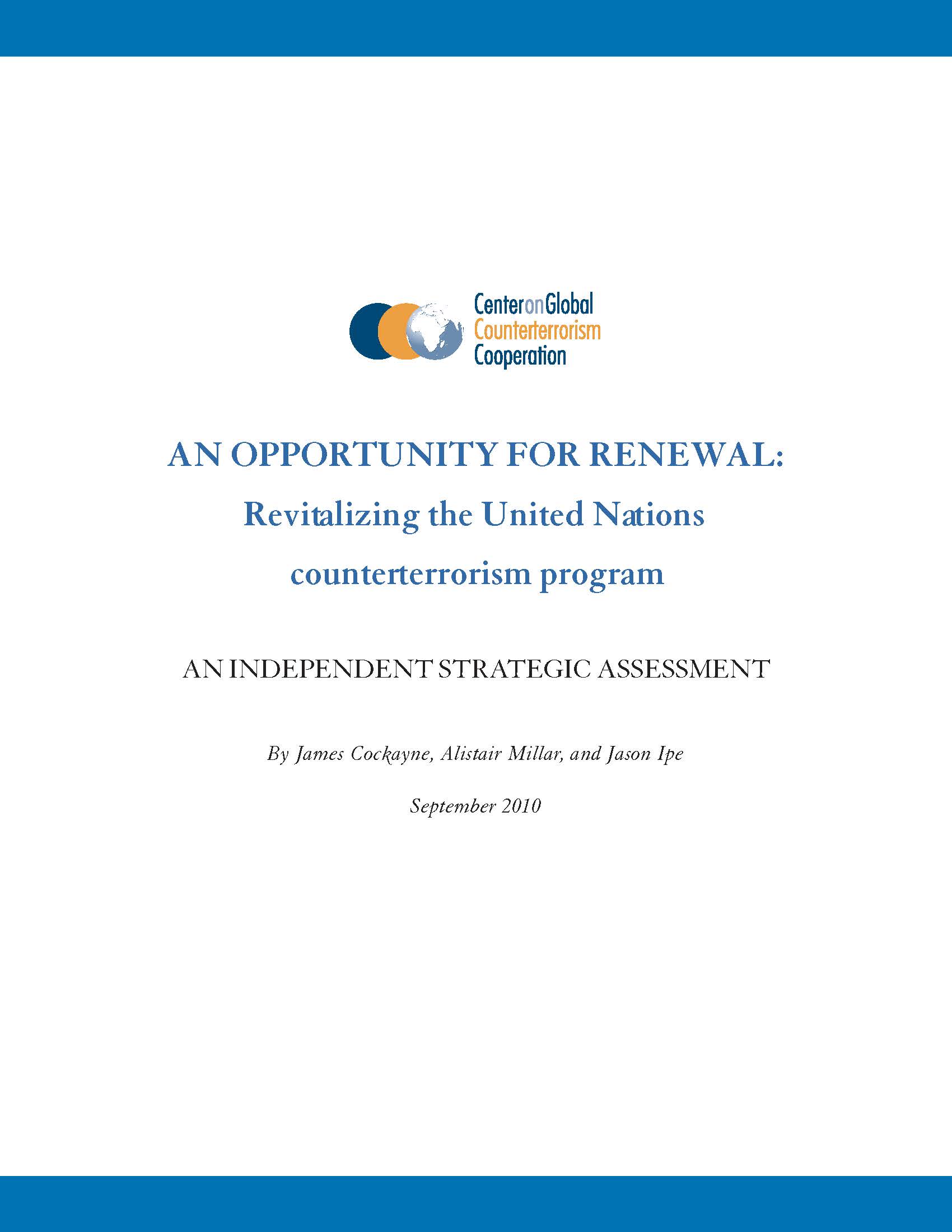Updated Guidance on ODA-Eligible Activities for Preventing Violent Extremism: Implications and Opportunities for the European Union
Report — May 2017
This paper assesses how the revised Official Development Assistance (ODA) guidelines will impact the European Union (EU) and its decisions on financing external support for actions to prevent violent extremism. It examines the situation before and after the revision to the Organisation for Economic Co-operation and Development (OECD) ODA eligibility rules, and concludes with specific recommendations for the EU to consider, including: devoting more resources to activities aimed at preventing violent extremism (PVE) across a wider array of EU Instruments (geographic and thematic); and urging the EU and its member states to press the OECD to collect, analyze, and disseminate data on how PVE funds are spent when recorded as ODA.
